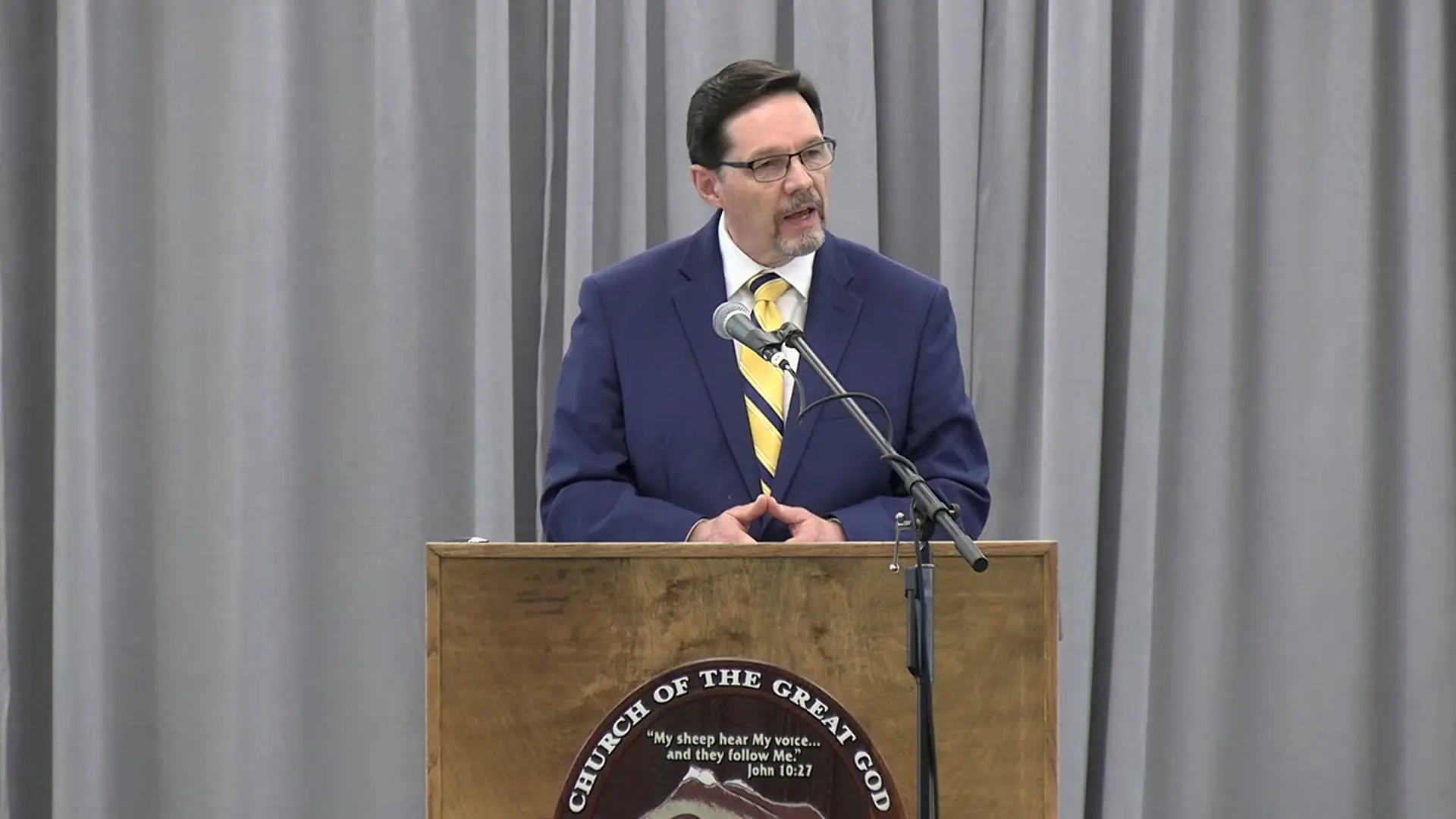Filter by Categories
All in All (Part 1)
Sermon by John W. Ritenbaugh (1932-2023)The end of the sanctification process is when Christ will have defeated all enemies and put all things under His feet. Then, God the Father will be all in all.
All in All
Sermon by John W. RitenbaughThe 'all in all' process has already begun. Our obligation and responsibility is to obey and yield to Christ and God the Father, conforming to their image.

Christ's Responsibility, Resurrections, and All in All
Sermon by John W. RitenbaughChrist's resurrection was bodily. He will destroy death before returning control back to the Father, at which time the entire creation would be all in all.
God's Creation and Our Works
Sermon by John W. RitenbaughLike Joseph, we need to realize that God—not ourselves—is the Creator, engineering events that form us into what He wants us to become.
Going On to Perfection
Feast of Tabernacles Sermon by John W. RitenbaughEven though everything we need in this quest has been given to us, our spiritual growth depends on believing in the promises of receiving the divine nature.
Two Contrary Visions
Sermon by John O. ReidGod has a vision for us, a vision He has been planning from the foundation of creation, an awesome plan to bring us into His very family, giving us His mind.
Hebrews (Part Twelve): Chapter 2, A Mind-Bending Purpose (Part One)
Sermon by John W. Ritenbaugh (1932-2023)To counteract complacency, Hebrews warns against neglecting God's invitation of salvation, which He does not guarantee until sanctification has run its course.
Faith and the Christian Fight (Part Five)
Sermon by John W. RitenbaughBoth the 'eternal security' and 'no works' doctrines are destroyed by the remarkable example of Noah, who performed extraordinary works based upon faith.
God's Rest (Part 1)
Sermon by John W. RitenbaughThe Sabbath rest depicts the miracle of conversion, in which the transformation of mankind into God's image brings about a rest in which God takes pleasure.

The Eternal Privileges of the Bride
Feast of Tabernacles Sermon by Martin G. CollinsJust as a bride gains a new identity, name, and inheritance through marriage, God's chosen saints, share Christ's very life, glory, and eternal prospects.
Government (Part Seven)
Sermon by John W. RitenbaughThe authority in the ministry is a 'staff position,' given by God, as a gift for equipping the saints for service and for edifying the body of Christ.
The High Christology of Colossians
Sermon by Richard T. RitenbaughHigh Christology as a doctrinal stance was not enough to prevent the eventual apostasy of those in Asia Minor. Doctrine must produce the right conduct.

Glory Be
Sermon by Ronny H. GrahamThe Hebrew word for glory carries the connotation of a burden or responsibility, just as Christ glorified the Father in every thought, word, and deed.